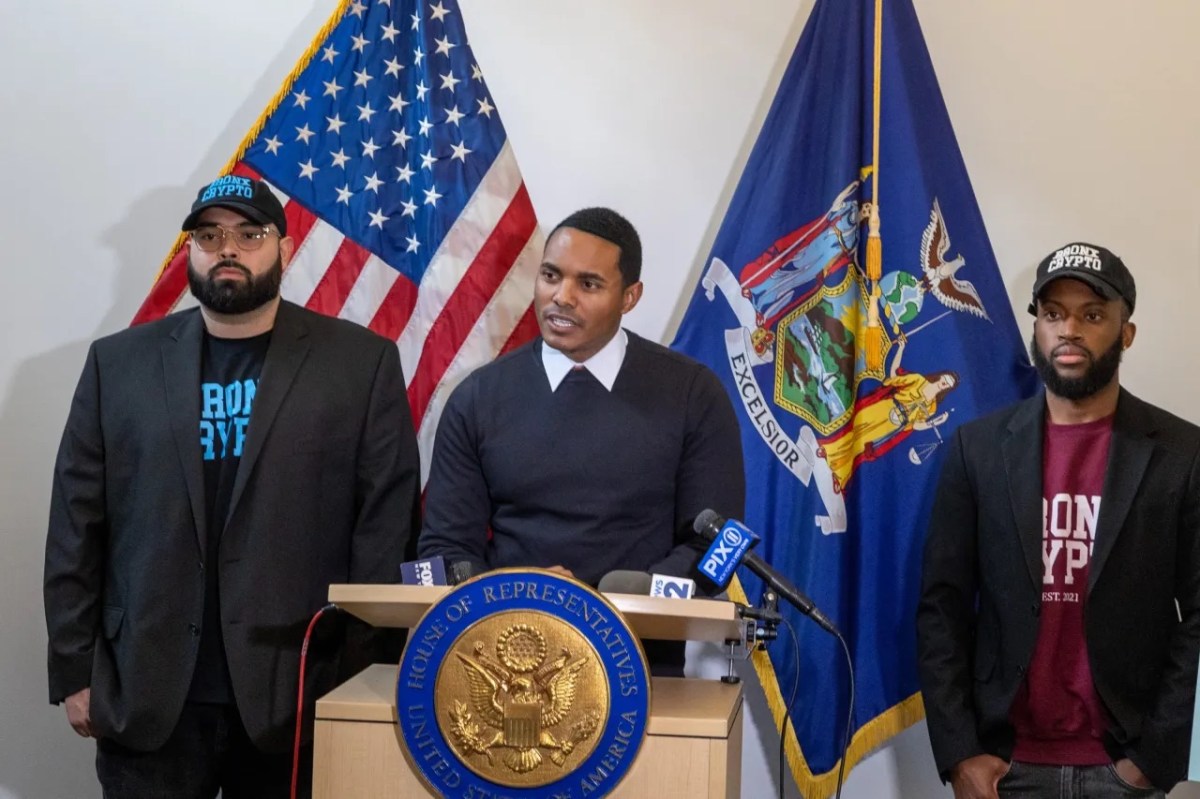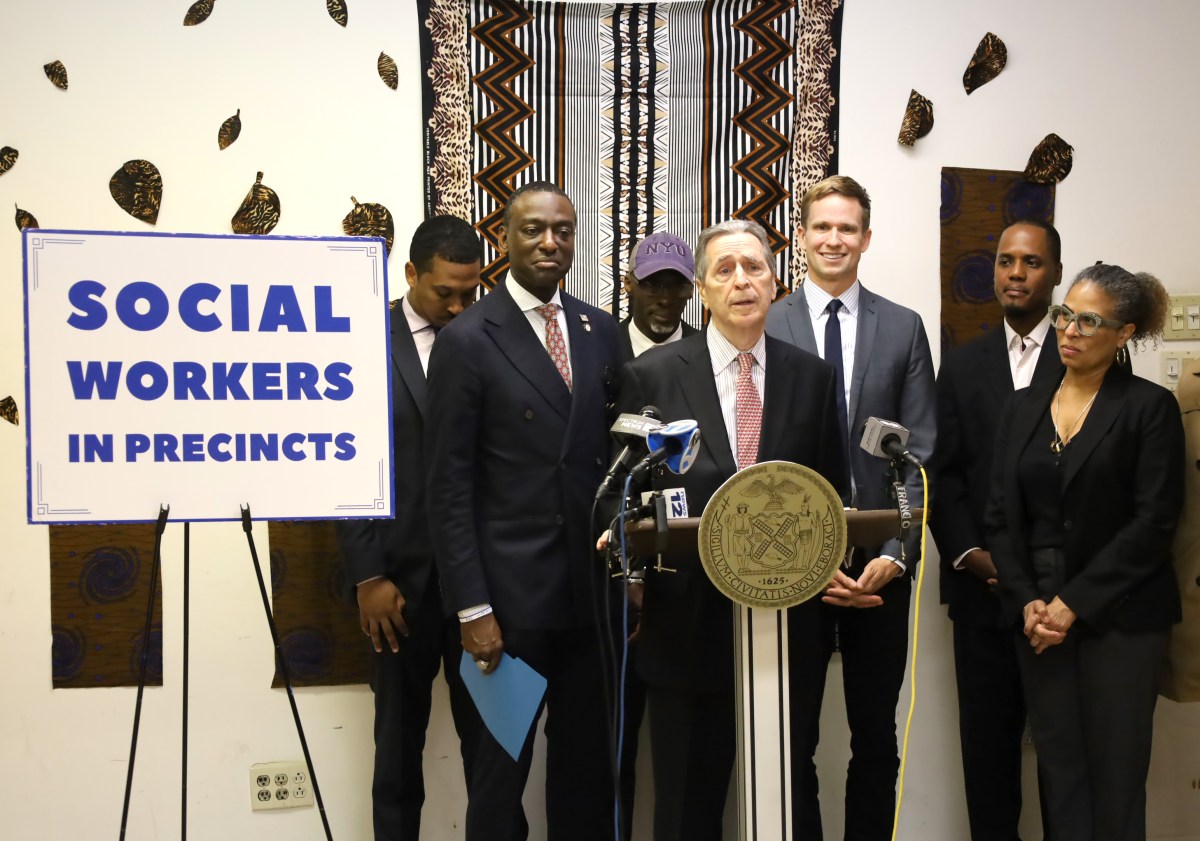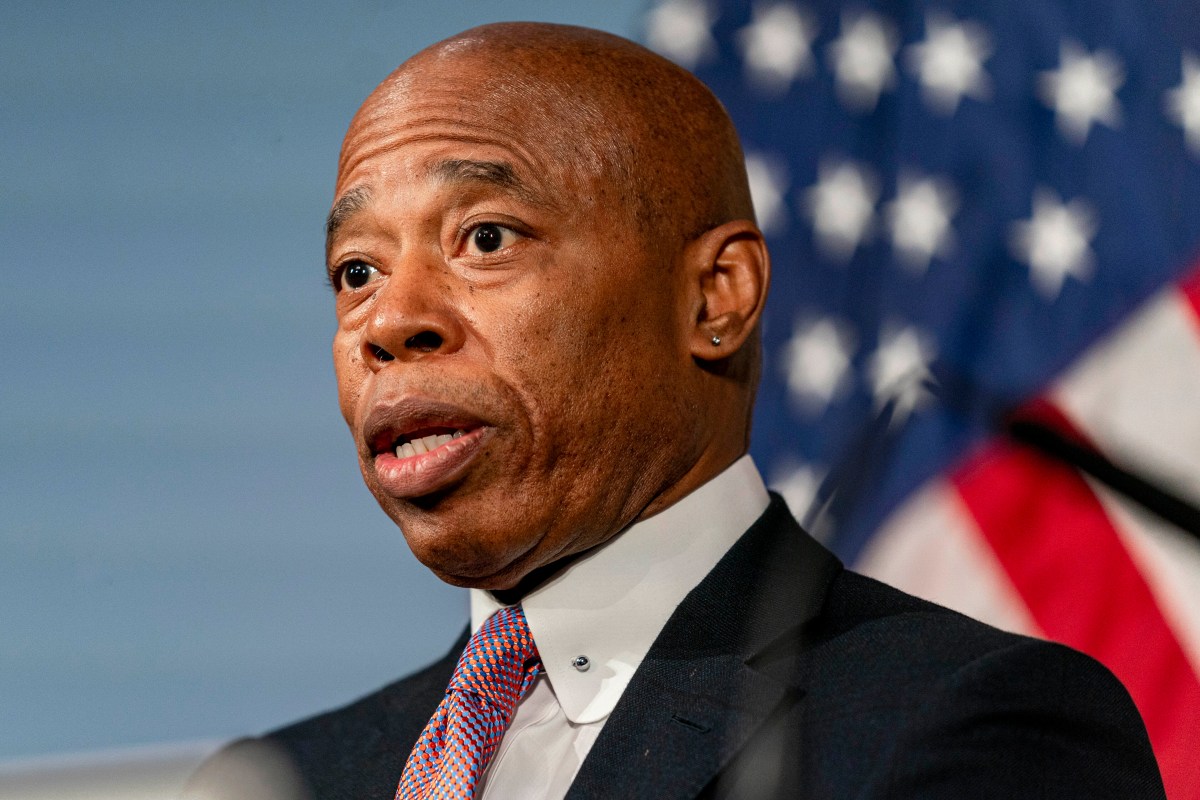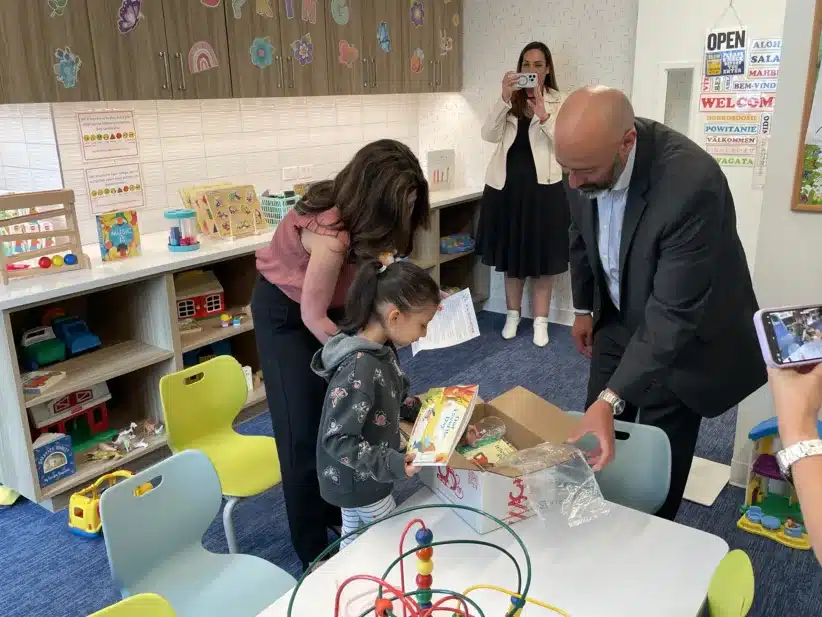“Blockchain technology can liberate the lowest income communities from the high fees of the traditional financial system,” Congressman Ritchie Torres (D-Bronx) said at a policy forum last year.
He’s right. So, why haven’t more of our government leaders – from City Council to Congress – embraced this technology’s potential? Unfortunately, negative headlines, misinformation, and bad actors have led policymakers to blacklist this technology as a tool solely for scammers and crooks.

But that grim depiction is wholly untethered from reality. With blockchain, small business owners and underbanked communities are reducing their reliance on expensive third parties and forging a path to financial freedom.
For lawmakers, they should focus on empowering people to innovate and to use this technology to achieve economic independence. Entrepreneurs must have the knowledge they need to thrive as the economy transforms. As such, elected officials from the mayor of New York City to the president of the United States need to focus on policies that will provide our young innovators with the tools to succeed. That means blockchain education, training, and a regulatory framework that roots out the bad guys without undermining future leaders – and America’s leadership in technology.
Once we demystify the jargon, cryptocurrencies are more inclusive than traditional financial instruments and it is transformative for small business owners. Transaction fees are significantly lower compared to credit cards. And cryptocurrencies offer incredible speed and convenience. Transactions are completed swiftly, regardless of where the customer is located. This opens up small businesses to a global market without the hassle of currency conversion or international banking fees.
Minority-owned businesses often struggle to secure loans or credit from large lenders. Banks have strict requirements, and rarely have services or financial products catering to low-income populations. Blockchain platforms built on smart contracts enable crowdsourced lending without a bank’s gatekeepers. On blockchain networks, smaller loans and investments are made possible because the risk is distributed among individual investors, eliminating the need for just one bank to take on the risk of financing a small business or start-up.
While U.S. Sen. Kirsten Gillibrand (D-NY) and Congressman Torres recognize the progressive potential for the technology, the same can’t be said for many of their colleagues in Washington. Too much of the political animus towards blockchain – especially from Sen. Elizabeth Warren (D-MA) who now faces a pro-crypto Republican challenger – risks stifling innovation and economic progress. Entrepreneurs and artists, our front-line innovators, are already immersed in the technology. From music and art to fashion lines the technology is giving creators the tools to thrive in the global marketplace.
The challenge for today’s entrepreneurs is not adopting blockchain and web3 technologies but mastering them, and helping their friends and neighbors realize their potential. Policymakers can help too. Small business owners need the tools and the education to harness the technology and succeed. And politicians must understand the opportunities at stake if regulations are too cumbersome and poorly designed.
Ready or not, blockchain is here and redefining what it means to be a business owner – it’s time to fully embrace it.
Pablo Segarra is founding attorney at New York City-based SideHustle.Law PLLC and a former NYPD officer. He educates entrepreneurs and attorneys on the intersection of blockchain, web3, and the law. He served as a planning committee member for the New York State Bar Association’s award winning Web3 Metaverse Symposium and is a speaker at NFT.NYC.





















